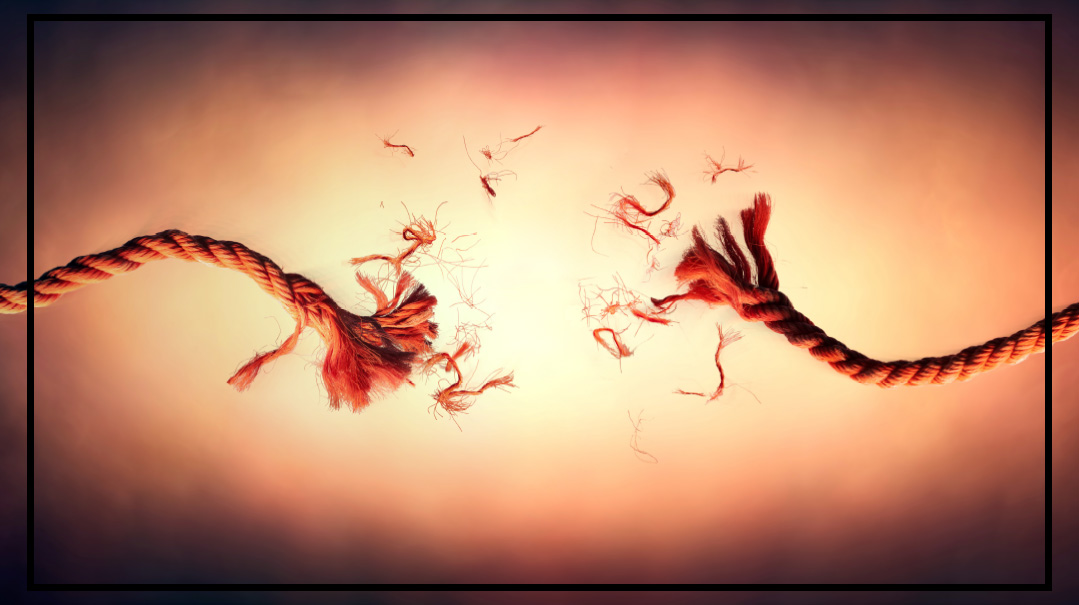The Doll
| September 26, 2023Sima bristles. You would think she was the one agitating her mother. She, who had taken the entire burden of care on her shoulders. Not that she’d had the choice

There are patches of thin ice glistening in the sun, and Sima carefully maneuvers the wheelchair down the ramp and onto the frozen walkway. She avoids the bump where a tree root has cracked the pavement and ruined the smooth path. It’s nothing really, just a literal bump in the road, but for a wheelchair it could be dangerous.
She locks the wheelchair and leans forward to adjust her mother’s scarf.
“Nem megyek!” Her mother screams for the hundredth time that morning, as she starts tearing at her neatly combed sheitel. “I’m not going! I’m not going.”
Sima grabs the thin wrists. “Mommy, Anyuka,” she soothes. “It’s okay. We’re going to a good place.”
“Nem megyek!” Mommy starts up again as soon as she hears the word “going.”
“Okay, Anyuka, we’re not going,” Sima yells. At least no one can hear her mother’s shouts over the wind.
The door slams, and Henny exits the house with the suitcase. Grasping the handlebars of the wheelchair with frozen fingers, Sima observes her daughter carelessly push the suitcase, watches as Henny almost topples over the bump on the path. The bump has been there for at least a year. Why can’t she look?
Henny’s short jacket is layered on top of a teal hoodie with the hood sticking out. With the next gust of wind, Henny grabs the hood and pulls it over her forehead, allowing the suitcase to slide toward Sima.
“When’s Tatty coming?” Henny asks as she grabs the suitcase again. “Brr… it’s like Siberia out here!”
“He should be here any minute. And it’s not Siberia. Don’t exaggerate.”
Henny clamps her mouth shut.
And take off that ridiculous hood! Sima wants to add. Instead, she fishes for her phone. If Nechemia takes any longer, Mommy will catch a cold, Siberia or not.
Before she can actually dial, Nechemia pulls up. He activates the ramp of the minivan, and it rolls out smoothly.
They’d invested so much in this ramp, and after all that they hadn’t used it nearly as much as Sima had hoped. Mommy hated leaving the house, hated being locked in the wheelchair, and every appointment had been a major ordeal. But Sima couldn’t allow Mommy to walk outside on the uneven pavement.
She quickly wheels the chair up the ramp, secures it with the seatbelts, and adjusts the heat.
Henny helps with the luggage and looks uncertainly at Sima.
“Come with us, Henny,” Nechemia comes to the rescue. “We’ll need your help.”
Sima sits down next to her mother, and Henny takes the front passenger seat.
“All done?” Nechemia’s voice is quiet, tender.
Sima gives a rare, deep sigh and presses the button to close the car door.
“We’re ready,” she says stoically. Henny turns to look at her.
Nechemia adjusts his seatbelt. “Boy is it cold out there! Mamash like Siberia!”
Henny’s eyes gleam.
“Nem megyek,” Mommy starts up again. “Hová visznek minket — where are they taking us?”
“We’re going to the circus,” Nechemia says smoothly.
“Jönnek! They’re coming!” she screams louder.
Nechemia presses on the gas.
Oops! We could not locate your form.







